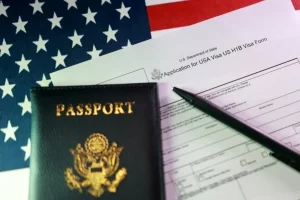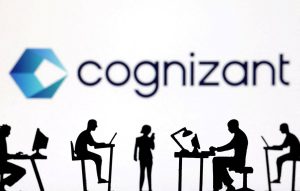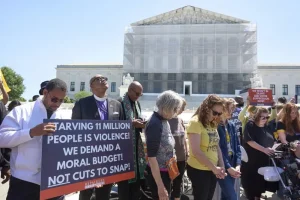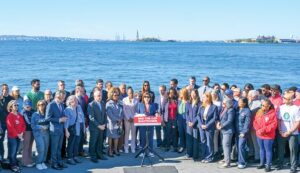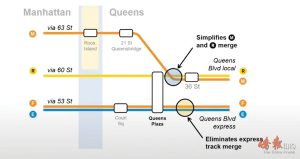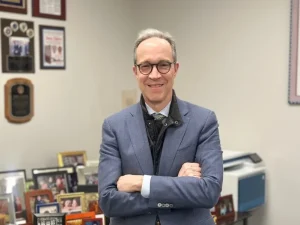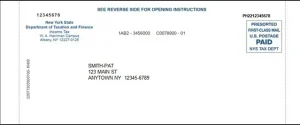Social Security Administration changes stance to continue issuing paper welfare checks to protect minority without bank accounts
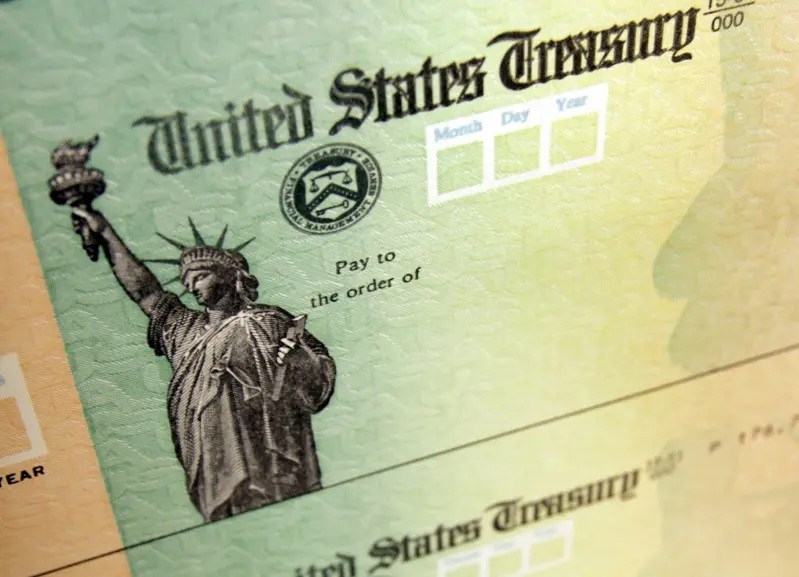
The Social Security Administration (SSA) recently announced the adoption of a “full paperless” policy, originally scheduled to stop issuing paper checks and switch to electronic transfers starting September 30; but after Massachusetts Democratic Senator Elizabeth Warren met with Social Security Administration Director Frank Bisignano on the 23rd, the Social Security Administration changed its position and announced the next day that it would continue to send paper checks.
CBS reported that the Social Security Administration said that some beneficiaries of retirement and disability benefits have no other way to receive their payments, so the Social Security Administration will continue to issue paper checks. However, a spokesman for the Social Security Administration also pointed out that the authorities will emphasize the benefits of electronic transfers to approximately 70 million beneficiaries and encourage those who receive checks to switch their payment methods.
On the 14th, the Social Security Administration announced that it would gradually phase out paper checks starting in October, citing faster processing speeds, higher security, and the ability to save money for the federal government. Each check costs 50 cents, while electronic transfers cost only 15 cents.
Warren met with Bisignano on the 23rd to inquire about the Social Security Administration’s plan to stop using paper checks and other reform measures. After the meeting, Warren held a press conference and said, “Currently, about 600,000 Americans still use paper checks. Although they only account for a small number of Social Security recipients, this group often needs to use paper checks instead of electronic transfers.” Warren said that Bisignano has “promised not to leave anyone behind and will allow those who use paper checks to use paper checks.”
Bankrate data shows that millions of people in the United States do not have bank accounts because they think their income is not enough to open an account or are worried about fees. These people usually rely on check cashing services or other non-bank financial channels such as PayPal or Venmo instead of banks.
According to the American Association of Retired Persons (AARP), about one in five households composed of people over 65 years old do not have a bank account or are underserved by banks; those who are underserved by banks still mainly rely on check cashing institutions to handle funds.
Warren said that the issues she discussed with Bisignano also included whether the large-scale layoffs of the Social Security Administration would affect customer service. Bisignano has agreed to an independent audit by the SSA inspector general to assess the agency’s customer service.
The SSA said it is improving customer service and has reduced its call response time from 30 minutes in 2024 to an average of 18 minutes in 2025.
![]()
